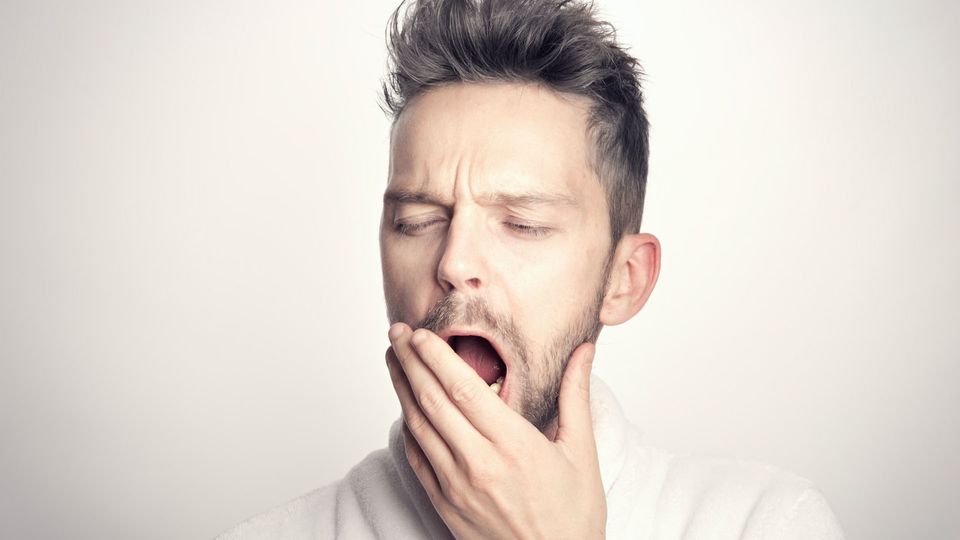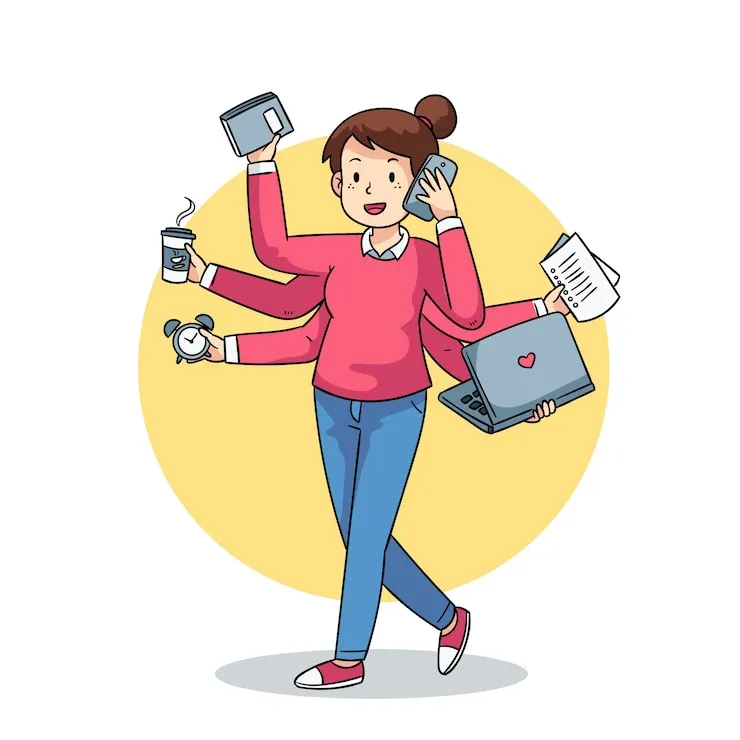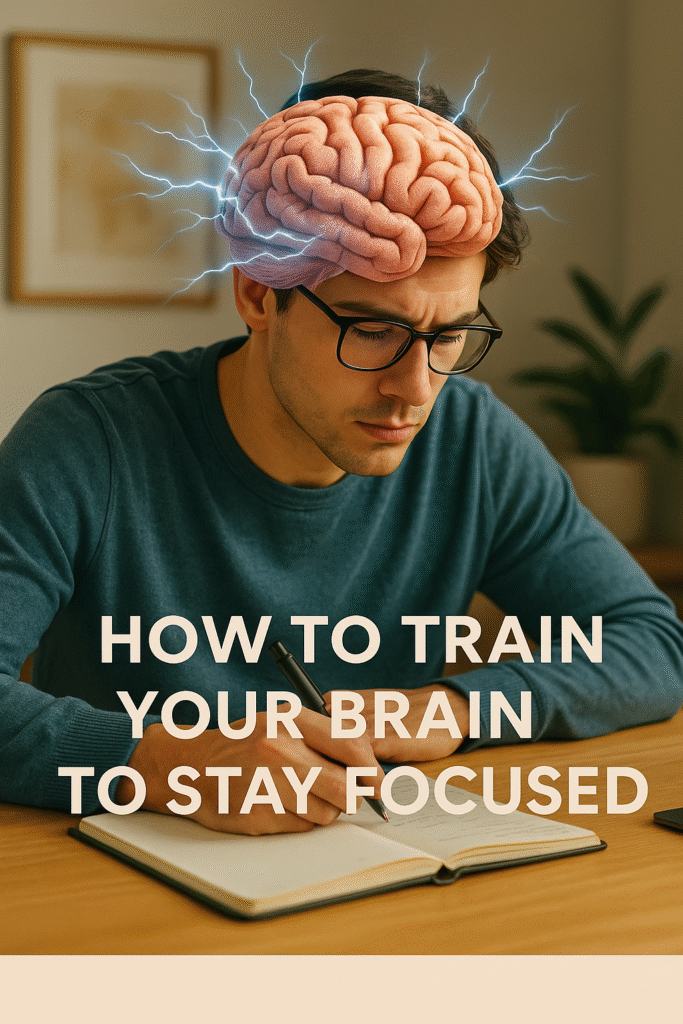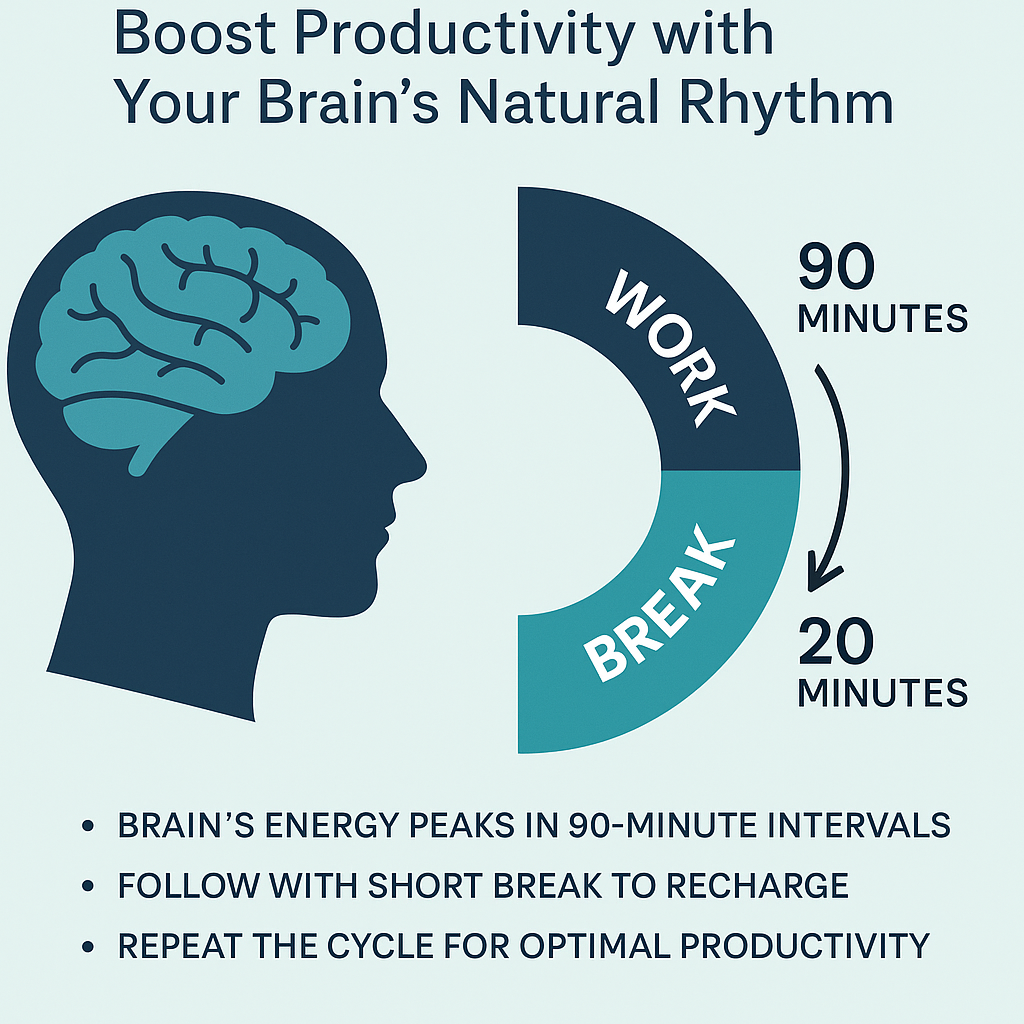🧠 Introduction
Sleep is more than rest — it’s reboot for your brain. But what if you just… stopped sleeping altogether?
In this curiosity-packed article, we explore what happens hour by hour, day by day, when the human body and mind are pushed to the limits of sleep deprivation. Warning: It gets weird — and dangerous.
😴 Day 1: Your Brain Hits the Brakes
After 24 hours without sleep, you’ll start to notice:
- Slowed reaction time
- Trouble focusing
- Mild mood swings
Your brain activity begins to mirror legal intoxication — in fact, 24 hours awake = 0.10% blood alcohol level in terms of focus and motor skills.
✅ You’re now more likely to:
- Misplace things
- Zone out mid-conversation
- Struggle with logical thinking
😵 Day 2: Cognitive Decline and Micro-Sleeps
At 48 hours awake:
- You’ll start experiencing microsleeps — involuntary blackouts lasting a few seconds
- Speech slurs, memory gets patchy
- Dopamine levels spike, leading to mood swings or aggression
Your body is now in full stress mode — heart rate increases, and immune system weakens.
🫣 Day 3: Hallucinations Begin
After 72 hours (3 full days):
- You may start to hallucinate
- Auditory and visual distortions become common
- Logic and emotional regulation collapse
- Risk of paranoia and panic increases
At this point, you’re considered neurologically unstable — and in many cases, the brain forces sleep through shutdowns.

🧬 Beyond 4 Days: System Breakdown
Past 96+ hours:
- Your immune system collapses
- Hormones crash — appetite, body temp, even blood sugar regulation fail
- You may enter a state resembling psychosis
🧠 Fun but frightening fact:
The longest scientifically documented time without sleep is 11 days (by Randy Gardner in 1965). He experienced severe hallucinations, memory loss, and paranoia — but recovered fully with sleep.
⚠️ Can Sleep Deprivation Kill You?
Yes — indirectly.
Lack of sleep increases risk of:
- Heart disease
- Stroke
- Type 2 diabetes
- Depression and anxiety
- Accidental injury
In rare genetic disorders like Fatal Familial Insomnia, people literally lose the ability to sleep — and die within months.
🛌 Why Sleep Is So Vital
While you sleep, your brain:
- Clears toxic waste via the glymphatic system
- Consolidates memory
- Regulates hormones
- Repairs cells and strengthens immunity
Skipping sleep robs your body of all these essential processes.
✅ Takeaway: Sleep = Superpower
We glamorize all-nighters — but the truth is, sleep is a cognitive advantage, not a weakness.
If you want to:
- Learn faster
- Think clearer
- Feel better
…then sleep isn’t optional. It’s your secret weapon.
📥 Call to Action
👉 Enjoyed this curiosity deep-dive?
Share it with a fellow night owl.
👉 Want more strange science and study tips?
Subscribe to MindFactual now.




